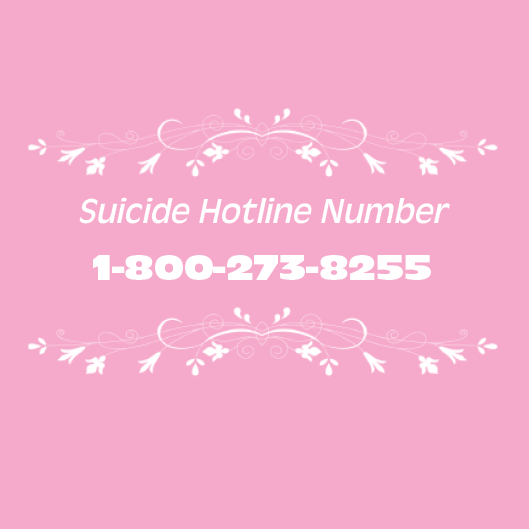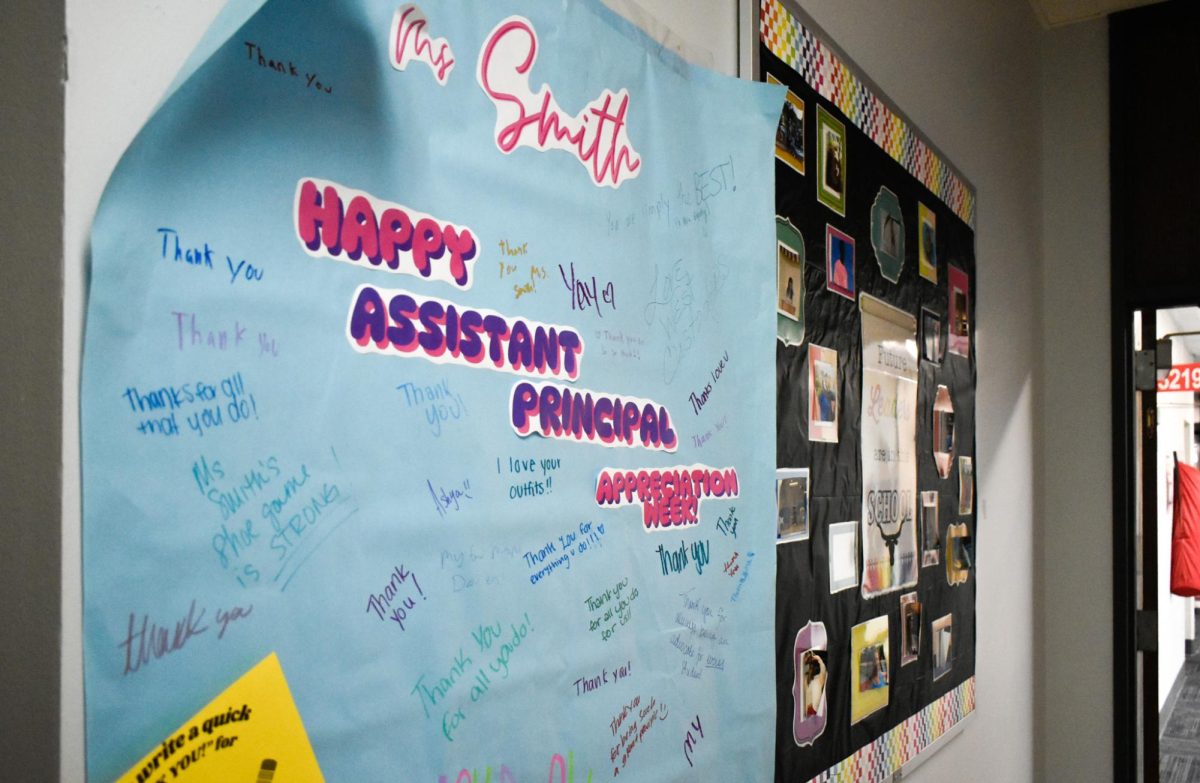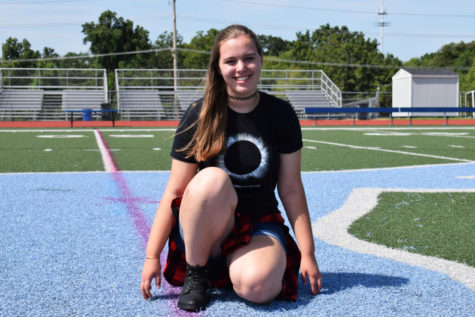Oh, Instagram challenges: the thing that has taught me that what appears to be good cause is just another hat we put on to make ourselves look benevolent on the Internet.
For the lucky ones who have somehow managed to stay off social media, Instagram is full of challenges to support one cause or another. It begins with a picture and a caption describing the challenge, and anyone who likes that image must complete the challenge. Usually, this means you must post a similar image and challenge anyone who likes your image, continuing the chain of the challenge until people begin to say “that challenge was so yesterday.”
Back in November, people posted various Disney characters on their Instagrams with the same caption: “I intend to populate Instagram with children’s characters for Child Cancer Awareness Week. Give me a like and I’ll assign you a character [to post on your Instagram].” Not only did this trend start two months after Childhood Cancer Awareness Month—as there is no week for the cause—but there is no need to the awareness. People are already aware that childhood cancer exists.
Posting pictures of Pooh Bear cannot possibly be the solution to childhood cancer.
Sure, you can show that you support people who have cancer, but that does nothing if you have nobody you personally know with cancer following your Instagram. Even then, wouldn’t you post pictures with you and your loved one with cancer instead of a character? These Instagram challenges are turning actual problems into a contest of putting on the nicest face online. Posting pictures of Pooh Bear cannot possibly be the solution to childhood cancer.
There might not be a cure to cancer yet, but there are much more impactful things that a high schooler can do than perfecting their Instagram page. In fact, there are numerous local charities that need fundraising and plenty of hospitals needing volunteers.
Don’t get me wrong: some challenges, like the Amyotrophic Lateral Sclerosis (ALS) Ice Bucket Challenge, spread valuable information about an uncommon disease. However, the issue is that people became so obsessed with the fun of the challenge that the whole idea of donating to the ALS Association (ALSA) got overlooked by many participants (the challenge’s losers donated $50 to ALSA). And now that the trend of the ice bucket challenge is over, the ALS Association has fallen back into the shadows.
Similarly, the “Stay Alive Challenge” has spread across Instagram, which users post a black and white photo to show support for suicidal individuals, including the caption “Challenge Accepted: #stayalive.”

For those who want to post the suicide hotline on Instagram, I created this image for you.
“DMing [people] to spread this empty meaning hashtag with a black and white photo doesn’t help,” an anonymous student, who has contemplated suicide in the past, said in a private Instagram post. “What will help is to post a picture and put the National Suicide Prevention Hotline phone number in your bio. A phone call saved my life and gave me so much help over the past year.”
This should not a contest of the most glamorous post that can be made on a social media page. Posting the National Suicide Prevention Hotline number does not look as cute as the black and white picture of a kitten or as funny as watching friends squirm under buckets of ice water.
These challenges are simply masks put on to look favorable in the eyes of their followers, who in turn want to be seen just as charming and sweet. But in reality, these challenges do virtually nothing for society compared to all the great opportunities already available to help people in the real world, not somewhere in cyberspace when it is only trendy to do so.
Being a supporter is not about glamour. It is about being there for people even when the challenge dies. Because life and death is not just a game to play on Instagram.
Donate to Friends of Kids with Cancer here to help families in St. Louis struggling with the costs with childhood cancer.
Learn about volunteering at St. Louis Children’s Hospital here.
Donate to the ALS Association here to fund research for a cure to ALS.
The National Suicide Prevention Hotline phone number offers 24/7 services at 1-800-273-8255 and on the online chat found on their website.


![Leaning on the podium, superintendent Melissa Schneider speaks to Parkway journalism students during a press conference. Schneider joined Parkway in July after working in the Thompson School District in Colorado. “My plan [to bond with students] is to get things on my calendar as much as possible. For example, being in [classes] is very special to me. I am trying to be opportunistic [meeting] kids [and] being in [the school] buildings. I have all the sports schedules and the fine arts schedules on my calendar, so that when I'm available, I can get to them,” Schneider said.](https://pwestpathfinder.com/wp-content/uploads/2025/09/IMG_5425-1200x943.jpeg)


![Red, white and blue, the American flag holds the values of our democracy. The fight that we once endured has returned, as student journalists and senior correspondents across the country are losing their voices due to government control. “[Are] the White House and [the] government limiting free speech [and] freedom of the press? Yes [they are],” chief communications officer of the Parkway School District and former journalist Elisa Tomich said.](https://pwestpathfinder.com/wp-content/uploads/2025/03/Untitled-design-14.jpg)
![A board in the Parkway West counseling department displays pennants of selective universities. With a wide range of students interested in attending, it’s important that these schools have clear priorities when deciding who to admit. “[Washington University] had the major that I wanted, psychology, philosophy, neuroscience. That's a holistic study of the brain, and [WashU is] the only college in the world that offers that. That's the main reason I wanted to go; I got into that program,” senior Dima Layth said.](https://pwestpathfinder.com/wp-content/uploads/2025/02/Flag-1.png)

![Within the U.S., the busiest shopping period of the year is Cyber Week, the time from Thanksgiving through Black Friday and Cyber Monday. This year, shoppers spent $13.3 billion on Cyber Monday, which is a 7.3% year-over-year increase from 2023. “When I was younger, I would always be out with my mom getting Christmas gifts or just shopping in general. Now, as she has gotten older, I've noticed [that almost] every day, I'll open the front door and there's three packages that my mom has ordered. Part of that is she just doesn't always have the time to go to a store for 30 minutes to an hour, but the other part is when she gets bored, she has easy access to [shopping],” junior Grace Garetson said.](https://pwestpathfinder.com/wp-content/uploads/2024/12/DSC_0249.JPG-1200x801.jpg)

![Senior Sally Peters stands in the history hallway, contemplating her choices in the 2024 United States and Missouri elections on Nov. 5. As a member of Diplomacy Club, Peters has discussed key candidates and issues in contemporary American politics. “[As students], we're starting to become adults. We're realizing how much the policies that are enforced and the laws that make it through the House and Senate are starting to affect us. [Opportunities such as] AP [U.S.Government] and Diplomacy Club [make elections feel] a lot more real,” Diplomacy Club vice president and senior Nidhisha Pejathaya said.](https://pwestpathfinder.com/wp-content/uploads/2024/10/Flag-1-1.png)
![Mounting school pressure can leave many students overworked and overstressed. Schools must give students the necessary resources to help assuage student mental health issues and prevent the development of serious crises. “The biggest thing [schools] can do [to protect student mental health] is offer more time [to do work], like a study hall, or offer more support from teachers so that students don't feel stressed out and can get help in areas that they need,” senior Bhavya Gupta said.](https://pwestpathfinder.com/wp-content/uploads/2024/09/unnamed-4.jpg)
![After a thrilling point, senior Katie Byergo and junior Elle Lanferseick high-five each other on Oct. 8. With teamwork and camaraderie, Byergo worked together in the game against Lafayette High School. “[Byergo’s] is really positive with a good spirit,” Lanferseick said. “I set her [the ball] and she hits it [or] gets the kill.”](https://pwestpathfinder.com/wp-content/uploads/2025/10/DSC_9349-1-e1761159125735-1200x791.jpg)
![Focused on providing exceptional service, sophomore Darsh Mahapatra carefully cleans the door of a customer’s car. Mahapatra has always believed his customers deserve nothing less than the best. “[If] they’re trusting us with their car and our service, then I am convinced that they deserve our 100 percent effort and beyond,” Mahapatra said.](https://pwestpathfinder.com/wp-content/uploads/2025/10/DSC_0018-1200x800.jpg)
![Sophomore Aleix Pi de Cabanyes Navarro (left) finishes up a soccer game while junior Ava Muench (right) warms up for cross country practice. The two came to Parkway West High School as exchange students for the 2025-2026 school year. “The goal for the [exchange] program is to provide opportunities for both Parkway students and our international exchange students to learn about other cultures, build connections and become confident, capable, curious and caring — Parkway’s Four C’s — in the process,” Exchange Program Lead Lauren Farrelly said.](https://pwestpathfinder.com/wp-content/uploads/2025/10/Feature-Photo-1200x800.png)
![Gazing across the stage, sophomore Alexis Monteleone performs in the school theater. The Monteleone family’s band “Monte and the Machine” has been releasing music since 2012, but Alexis started her own solo career in 2024 with the release of her first single, Crying Skies. “My whole family is very musical, [and I especially] love writing [songs with them],” Monteleone said.](https://pwestpathfinder.com/wp-content/uploads/2025/09/DSC7463-1200x798.jpg)

![Leaping through the air, senior Tyler Watts celebrates his first goal of the season, which put the Longhorns up 1-0 against the Lafayette Lancers. Watts decided to play soccer for West for his last year of high school and secured a spot on the varsity roster. “[Playing soccer for West] is something I had always dreamed of, but hadn’t really had a good opportunity to do until now. It’s [really] fun being out [on the field], and I’m glad I decided to join the team. It’s just all about having fun with the boys and enjoying what time we have left together,” Watts said.](https://pwestpathfinder.com/wp-content/uploads/2025/09/DSC_1951-1200x855.jpg)
![Shifting global trade, President Donald Trump’s tariffs are raising concerns about economic stability for the U.S. and other countries alike. “[The tariffs are] going to pose a distinct challenge to the U.S. economy and a challenge to the global economy on the whole because it's going to greatly upset who trades with who and where resources and products are going to come from,” social studies teacher Melvin Trotier said.](https://pwestpathfinder.com/wp-content/uploads/2025/05/MDB_3456-1200x800.jpg)

![Pitching the ball on Apr. 14, senior Henry Wild and his team play against Belleville East. Wild was named scholar athlete of the year by St. Louis Post-Dispatch after maintaining a high cumulative GPA and staying involved with athletics for all of high school. “It’s an amazing honor. I feel very blessed to have the opportunity to represent my school [and] what [it] stands for,” Wild said.](https://pwestpathfinder.com/wp-content/uploads/2025/05/unnamed-6-1200x714.jpg)
![Freezing in their position, the Addams Family cast hits the “rigor mortis” pose after cast member and senior Jack Mullen, in character as Gomez Addams, calls out the stiff death move. For the past four months, the combined company of cast members, orchestra pit, crew and directors all worked to create the familial chemistry of the show. “I’m excited for [the audience] to see the numbers, the music, the scenes, but I also just love all the technical aspects of it. The whole spectacle, the costumes, makeup and the people that put in the work backstage in order to make the show successful on stage. I’m excited for people to see and appreciate that,” Mullen said.](https://pwestpathfinder.com/wp-content/uploads/2025/03/DSC0116-1200x800.jpg)
